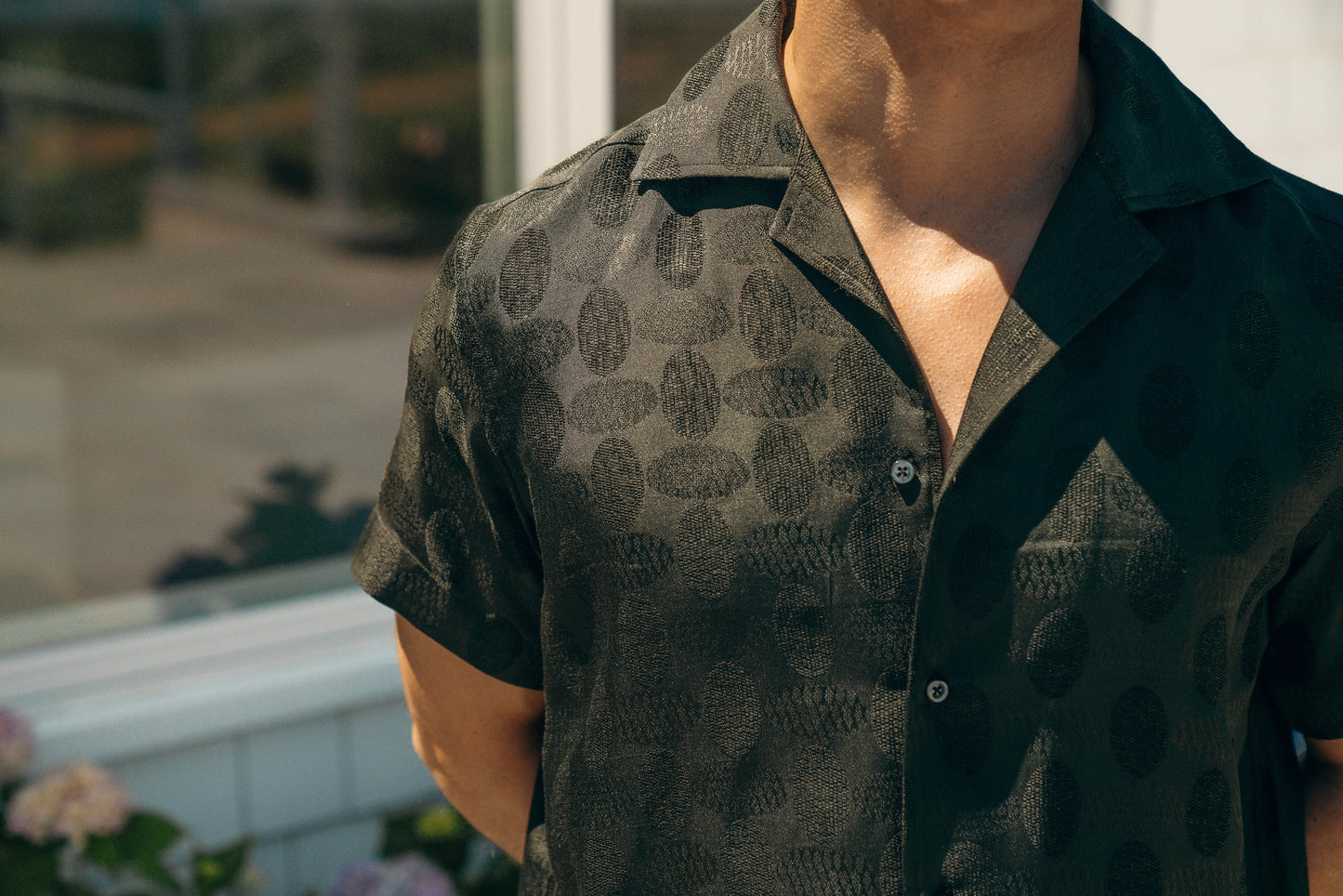
Earlier this year, we wrote about Tencel, an eco-friendly, branded version of lyocell, a biodegradable fiber made of wood pulp. When we wrote about Tencel, we sung the fabric's praises and if we didn't want to lose our audience, we'd gladly do it again. But today, we're going to talk about two things that just might give Tencel a run for its money: bamboo and Sorona.
Bamboo fibers come from the bamboo plant, which grows naturally, free of chemicals and irrigation. All it needs to grow is a little sunshine and rain, and even after being cut and used, the bamboo plant will continue growing and thriving underground. This property of the bamboo plant makes it very similar to eucalyptus, the source of Tencel fibers.
And like Tencel, bamboo fibers are eco-friendly and processed into fibers in a closed-loop process. However, unlike Tencel, which is processed without the use of toxins, bamboo fibers generally require the use of carbon disulfide, an environmentally hazardous chemical that can affect the human nervous system, when processed. Fortunately, because bamboo is processed in a closed-loop process, these toxins are recovered and recycled throughout the process before ultimately being dispelled of in an environmentally sound and safe approach.
And the product of this environmentally sound practice is...the bamboo fiber. And this bamboo fiber is pretty special. For one thing, bamboo contains bamboo kun, a natural agent that stops bacteria and fungus from growing on it, making it essentially an anti-bacterial fiber. On top of that, bamboo fibers have cross sections filled with micro-gaps and holes that allow it to breathe and regulate temperature, both hot and cold, more effectively than cotton. Thus, you stay warmer in the winter and cooler in the summer. Finally, the bamboo fiber is naturally tough and has a high resistance to abrasion, while also being super, super soft and comfortable.
Sorona, on the other hand, though synthetically made, is every bit as cool and environmentally friendly.
Sorona, a polymer developed by DuPont in their R&D labs, is made using non-edible plant glucose starch extract (currently, sugar extracted from feed corn is the primary source of glucose). The polymer contains 37% annually renewable plant based ingredients and because of these natural ingredients and the highly scientific approach to the production of Sorona, it is highly engineered to be the Übermensch of the textile world.
The result: a “smart” polymer. A polymer that combines characteristics of polyester and nylon into one; one that gives fibers and fabrics a softness, stretch, elasticity, and bright and rich color; one that is easily dyeable; one that is chlorine, UV, and stain resistant; and one that is easy to use alongside other fibers and fabrics in the textile industry.
So, while Tencel is pretty awesome, Bamboo and Sorona are pretty cool too. And, fortunately for you all, some genius decided to combine these two special materials in one great garment...the Bamboo/Sorona tee.
Pick it up and embrace the awesomeness.




